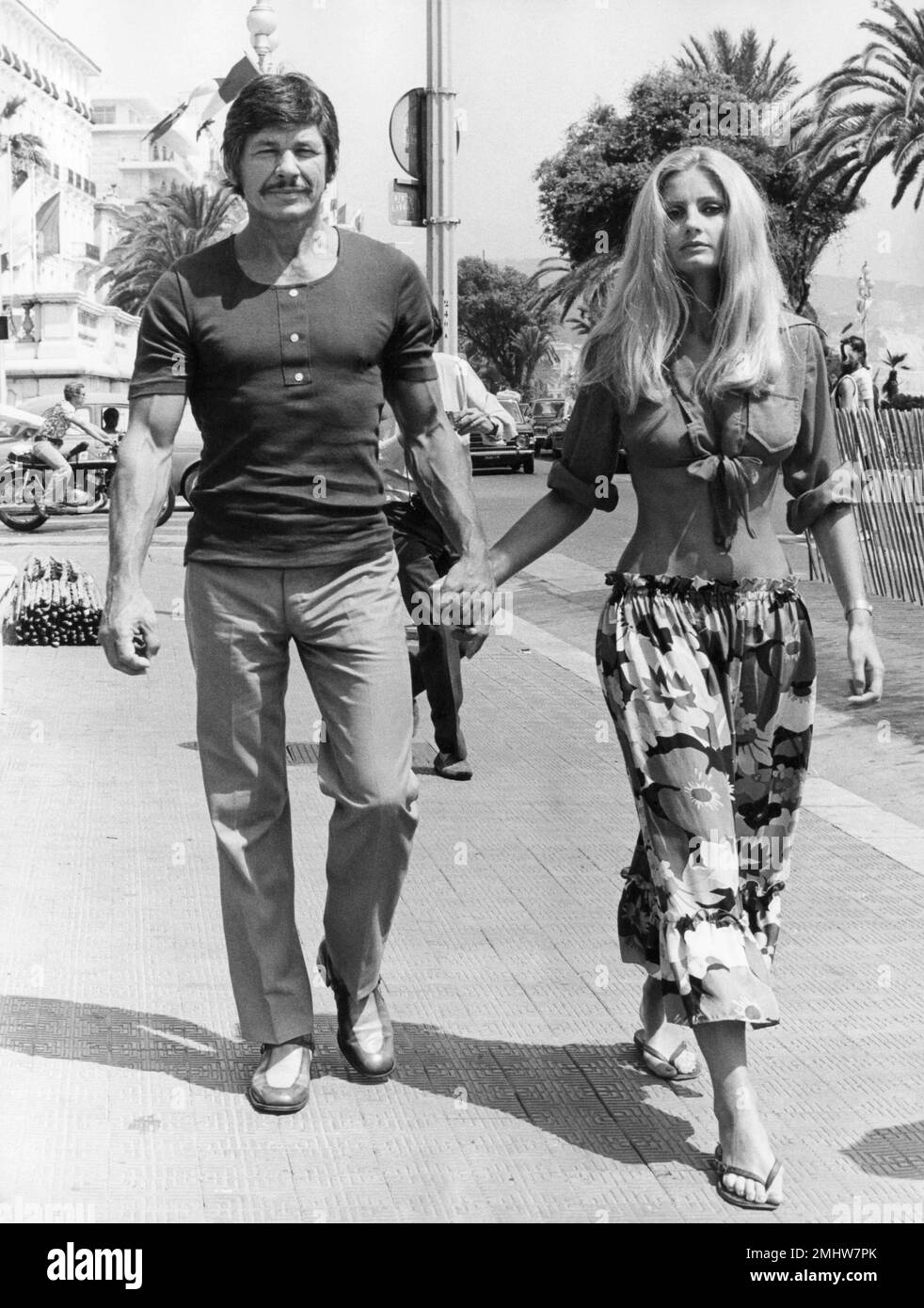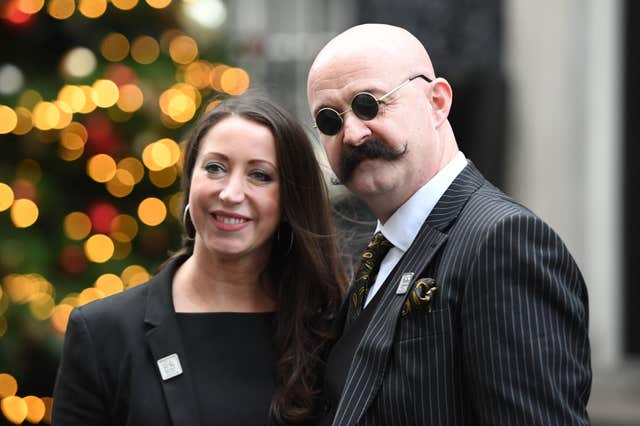Charles Bronson: The Man Behind the Tough Exterior
Charles Bronson, Hollywood’s unbreakable force, was much more than just the gritty tough guy we saw on screen. Behind his muscular stature and rugged face lay a man who had faced immense struggles, battled personal demons, and endured more than most would ever know. His journey, from a humble coal mining town in Pennsylvania to global stardom, is a story of resilience and complexity.

Early Life and Struggles
Born on November 3, 1921, as Charles Dennis Buchinsky, Bronson’s early years were defined by hardship. He was one of 15 children in a poor Lithuanian family living in a small Pennsylvania coal town. Life was grueling—Bronson’s father died when Charles was just 10, forcing him to leave school and work in the mines to support his family. This dangerous work earned him just $1 per ton of coal, and the experience left a profound mark on his character. The constant risk of cave-ins, injuries, and fatalities in the mines instilled a toughness in Bronson that would later define his persona, both on and off the screen.

During World War II, Bronson served as a top turret gunner in the U.S. Army Air Forces, flying 25 combat missions over Japan. His service earned him a Purple Heart, but like many veterans, his wartime experiences further hardened him.
From Coal Mines to Hollywood
After the war, Bronson drifted through various jobs, from bricklaying to short-order cooking, before discovering his passion for acting. In 1949, he moved to California and enrolled in the Pasadena Playhouse to study acting. His tough, weathered look did not fit the mold of the traditional leading man, but it eventually became his calling card.

Bronson’s early Hollywood roles were small, and he often went by his birth name, Charles Buchinsky. However, in 1954, at the height of McCarthyism and its anti-Communist sentiment, he changed his name to Charles Bronson to avoid associations with his Russian-sounding surname. Slowly, Bronson began gaining recognition in films like Machine Gun Kelly (1958) and The Great Escape (1963). His portrayal of Danny “Tunnel King” Valinski, a claustrophobic POW digging tunnels to escape, resonated deeply with audiences, particularly because Bronson himself suffered from claustrophobia due to his time in the coal mines.
A Career Defined by Vigilante Justice
Bronson’s breakthrough came with the Death Wish series, where he played Paul Kersey, a mild-mannered architect turned vigilante after a brutal attack on his family. The film was a massive box office hit in 1974, but it also sparked controversy for its violent themes, with some critics arguing that it glamorized vigilantism. Nonetheless, Bronson’s portrayal of Kersey cemented his place as Hollywood’s go-to tough guy, and he reprised the role in four more sequels.
Despite the film’s success, Death Wish was polarizing. Some, like actor Henry Fonda, found the story repulsive, while Bronson saw it as a cautionary tale about the dangers of revenge. Regardless, the movie’s impact was undeniable, and it became synonymous with Bronson’s career.
The Man Behind the Image
Off-screen, Bronson’s life was filled with personal challenges. His temper was well-known, and he had a reputation for being tough to work with. Directors often recounted stories of clashes with Bronson, who wasn’t shy about expressing his displeasure. His fiery personality mirrored the intense roles he played, but beneath the surface, Bronson was a man of deep emotion.
His second marriage to British actress Jill Ireland, whom he married in 1968, was one of the most significant relationships of his life. Ireland and Bronson shared a deep bond, and she appeared in several of his films. However, her death from cancer in 1990 devastated him. He later found solace with actress Kim Weeks, whom he married in 1998, and who remained with him until his death.
Despite his tough image, Bronson had a softer side. He loved painting and sculpting, often selling his work under his real name, Binski. His germophobia and fear of fire, which led him to avoid tall hotels while filming, were little-known quirks that hinted at his vulnerabilities.
Legacy of a Legend
Charles Bronson passed away in 2003, after battling Alzheimer’s disease. He left behind a legacy that continues to influence the film industry. Bronson’s life was a study in contrasts: a man who embodied toughness yet was deeply shaped by hardship and personal tragedy. Behind every grizzled character he portrayed was a man who understood the meaning of struggle, resilience, and survival.





